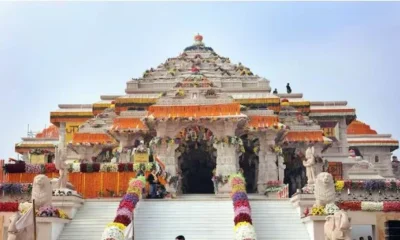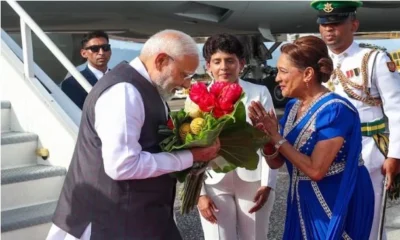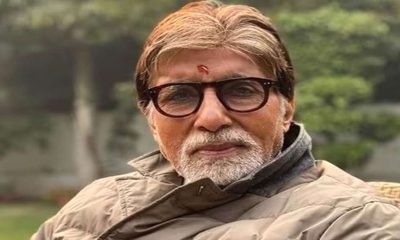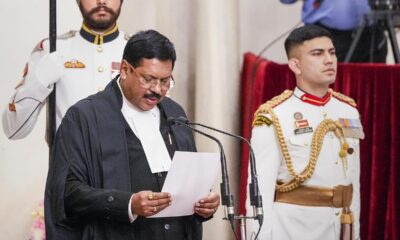[vc_row][vc_column][vc_column_text]A significant section of the political and religious leadership desires that the top court intervene to resolve the controversy
By an APN correspondent
The observations of the Chief Justice of India, JS Khehar, in the Ram Mandir case have generated a mixed response among the political leadership and the Hindu and Muslim communities, with a significant section desiring that the top court intervene to resolve the controversy.
The Supreme Court on March 21 extricated itself from initial wrangles by suggesting that the two parties sit and settle the issue, bringing the issue to court only if it is still essential at a later stage.
“Whoever you want we will ask him to mediate. If you want me I will come. If you want my sitting brother judges, you take them, but mediate. These kinds of issues should be mediated rather than we passing an order,” the CJI had said.
BJP leader Subramanian Swamy, who had filed the appeal, however, had his reservations vis-à-vis this proposition. He told the media that the Ramjanambhoomi in Ayodhya should be used only for constructing the Ram Temple.
“Masjid can be built anywhere, Namaz can be read anywhere… it can be read on the street. The Ramjanambhoomi is for the Ram Mandir and it should be used for the Ram temple only,” Swamy said.
He said there’s a proposal to let the mosque be constructed across the Saryu river. He expected that the Supreme Court will appoint a judge from the top court itself to mediate between the rival parties.
Rakesh Sinha, an RSS ideologue, opined the Ram temple may be constructed in three different ways—by passing an Act in the parliament, through dialogue or through a court order.
But, senior advocate Zafaryab Jeelani, who has been associated with the matter right from the start, was against an out-of-court settlement. “We [Muslims] have faith on the CJI. He may mediate in the matter himself or nominate other judges for the purpose. He may even hear the case. But we can’t go for an out-of-court settlement. We will definitely consider any order passed by the CJI in this regard,” he said.
Iqbal Ansari, son of Hashim Ansari, the late main plaintiff in the case, told the media that a peaceful settlement should be arrived at. “A compromise is possible if both the communities agree to it,” he said.
Senior BJP leader Vinay Katiyar, who has been involved in the Ram Mandir agitation for years, however, said that the Supreme Court has taken a very positive stand. “We now have a BJP government in the state and we will work with a positive mindset towards a solution,” he said.
Rajeev Shukla from Congress said that both the parties in the dispute have expressed their readiness to accept the court’s opinion. “Now both should study the proposal and implement the same,” he said.
Meanwhile, All India Muslim Personal Law Board member Khalid Rasheed Firangi Mahli said that he respects the CJI’s observations but still felt that the court should decide the matter. “The ulema will sit together and formulate a collective opinion. But similar efforts earlier were marred by political interference. Since the issue is related to property, we desire that the Supreme Court should decide the matter,” he said.
Maulana Yasoob Abbas, spokesperson of All India Shia Personal law Board, welcomed the CJI’s observations and said that all outstanding issues can be resolved through dialogue only. “Neither Hindus or Muslims want to be entangled in any controversy. Everybody wants to raise themselves above the religious divide and desire development and progress,” he said.
President of All India Imam Association Maulana Umair Ilyasi expressed that it would be nice if the issue is resolved through peaceful means. “It should be resolved through dialogue between imams and pujaris,” he said.
Senior BJP leader LK Advani has welcomed the move and said that everyone involved should come to a consensus on the matter.[/vc_column_text][/vc_column][/vc_row]
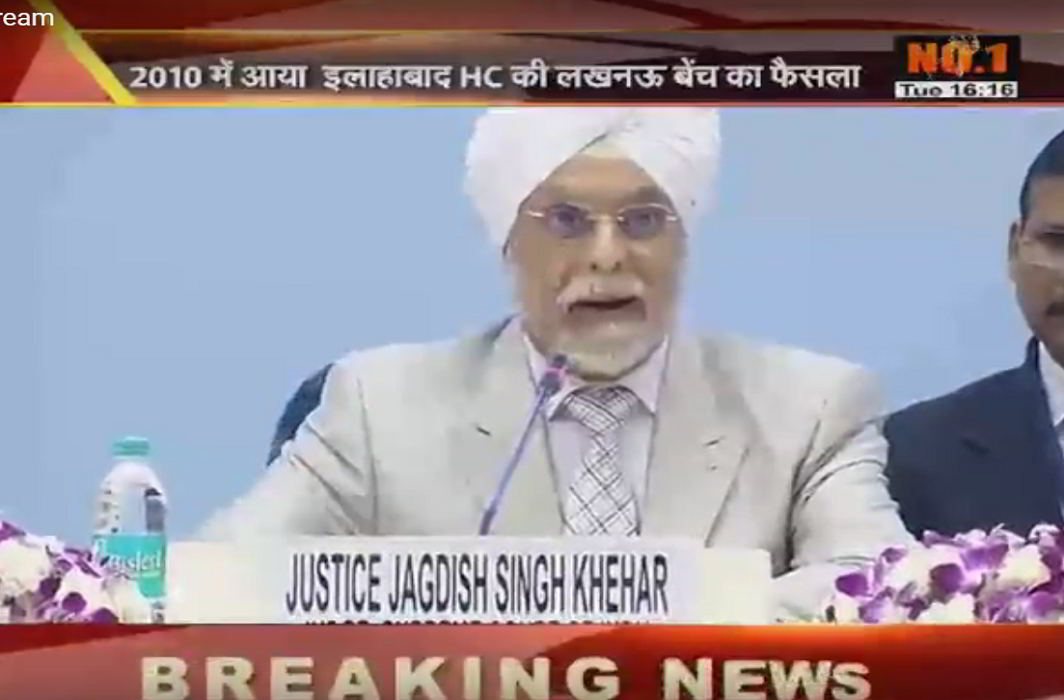

 India News15 hours ago
India News15 hours ago
 India News14 hours ago
India News14 hours ago
 India News5 hours ago
India News5 hours ago
 Cricket news4 hours ago
Cricket news4 hours ago
 India News3 hours ago
India News3 hours ago
